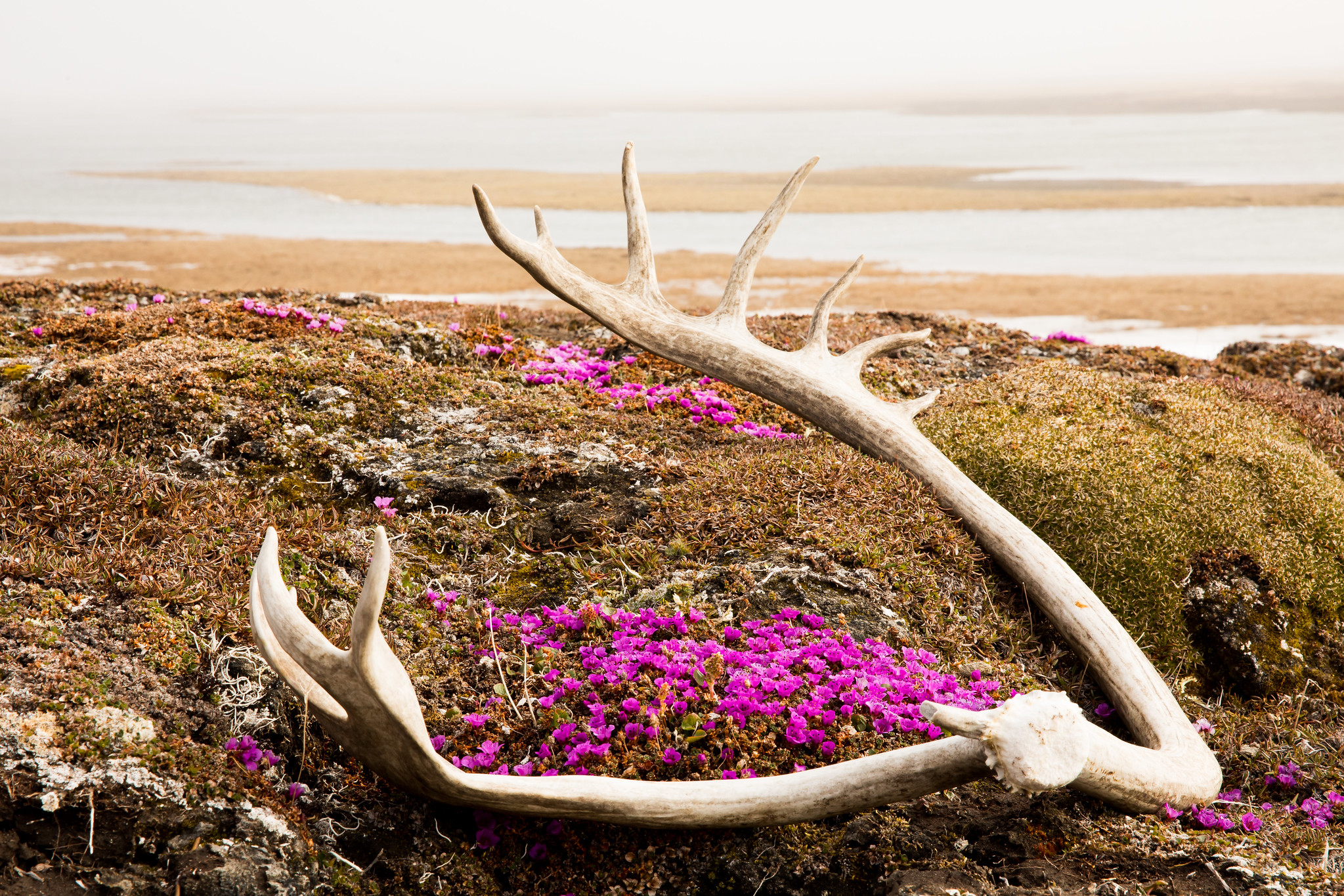Dual lawsuits seek to prevent oil leasing in Alaska’s Arctic Refuge
The Trump Administration ignored Indigenous rights and environmental law when it approved a broad leasing program, the suits argue.

Alaska Native and environmental groups on Monday filed two lawsuits seeking to block oil development in the Arctic National Wildlife Refuge, the first of what is expected to be a series of legal actions as the Trump administration prepares to sell oil leases in a remote area that had been protected for decades.
The lawsuits, filed in U.S. District Court in Anchorage, seek to overturn the Aug. 17 record of decision approving oil leasing in the refuge and to set aside the U.S. Bureau of Land Management’s environmental impact statement on which that decision was based.
Both lawsuits allege that the Trump administration has violated basic environmental laws, including the National Environmental Protection Act, the National Wildlife Refuge System Administration Act and the Endangered Species Act.
The lawsuits seek the same outcomes, but there are some subtle differences between the complaints.
The first lawsuit was filed by several organizations, led by the Gwich’in Steering Committee, an organization of Gwich’in Athabascan tribes that has for decades opposed ANWR drilling because of potential impacts to the Porcupine Caribou Herd that uses the area for spring calving. The lawsuit includes complaints made under the Alaska Native Claims Settlement Act alleging Native rights guaranteed under that act have been violated.
In an online news conference, Bernadette Demientieff, executive director of the Gwich’in Steering Committee, focused on the claims of cultural harm.
“We should not be having to have to give up our ways of life,” Demientieff said in the news conference. “Our identity as Gwich’in people, Indigenous people, is not up for sale. And we will stand up to anyone who seeks to destroy the coastal plain of the Arctic National Wildlife Refuge, known to us as ‘Iizhik Gwats’an Gwandaii Goodlit,’ the sacred place where life begins.”
The lawsuit also invokes the rights of Canadians. The Porcupine herd’s range spans the Alaska-Canada border and is the subject of a U.S.-Canada Treaty. Some of the Gwich’in people represented by the Gwich’in Steering Committee live in Canada. Among the Gwich’in Steering Committee’s 12 co-plaintiffs in the case is a Canadian organization, the Yukon chapter of Canadian Parks and Wilderness Society.
The Canadian Indigenous viewpoint was shut out during the environmental review process, Demientieff said in the news conference. “Their voices have been completely ignored by our administration, as well as over 10 Gwich’in communities in Alaska,” she said.
The second lawsuit details some climate change impacts that plaintiffs say were ignored or glossed over by the Interior secretary and by the BLM.
“Specifically, they did not provide important objective data and other scientific information concerning the Program’s potential impacts on — among other resources — permafrost, tundra, overall greenhouse gas emissions and their social costs, air quality, wilderness, and multiple wildlife species,” the complaint says.
The second lawsuit also targets the Trump administration’s application of the 2017 federal tax overhaul that orders oil leasing in the wildlife refuge. That lawsuit says the Trump administration “misinterpreted the Tax Act as overriding their other legal obligations,” including the various environmental laws that long predated the tax bill. The administration could have chosen a “minimal” leasing program that was at least mindful of those environmental laws, but it chose instead to open up the entire coastal plain to oil development, the lawsuit said.
Plaintiffs in the second lawsuit are the National Audubon Society, Natural Resources Defense Council, Center for Biological Diversity and Friends of the Earth.
In a statement responding to both lawsuits, the Interior Department defended the leasing decision and the environmental impact statement process.
“This is a congressionally mandated energy development program that leaves 92 percent of the refuge completely off-limits to development. The department’s decision regarding where and when development can take place includes extensive protections for wildlife, including caribou and polar bears,” the statement said.


